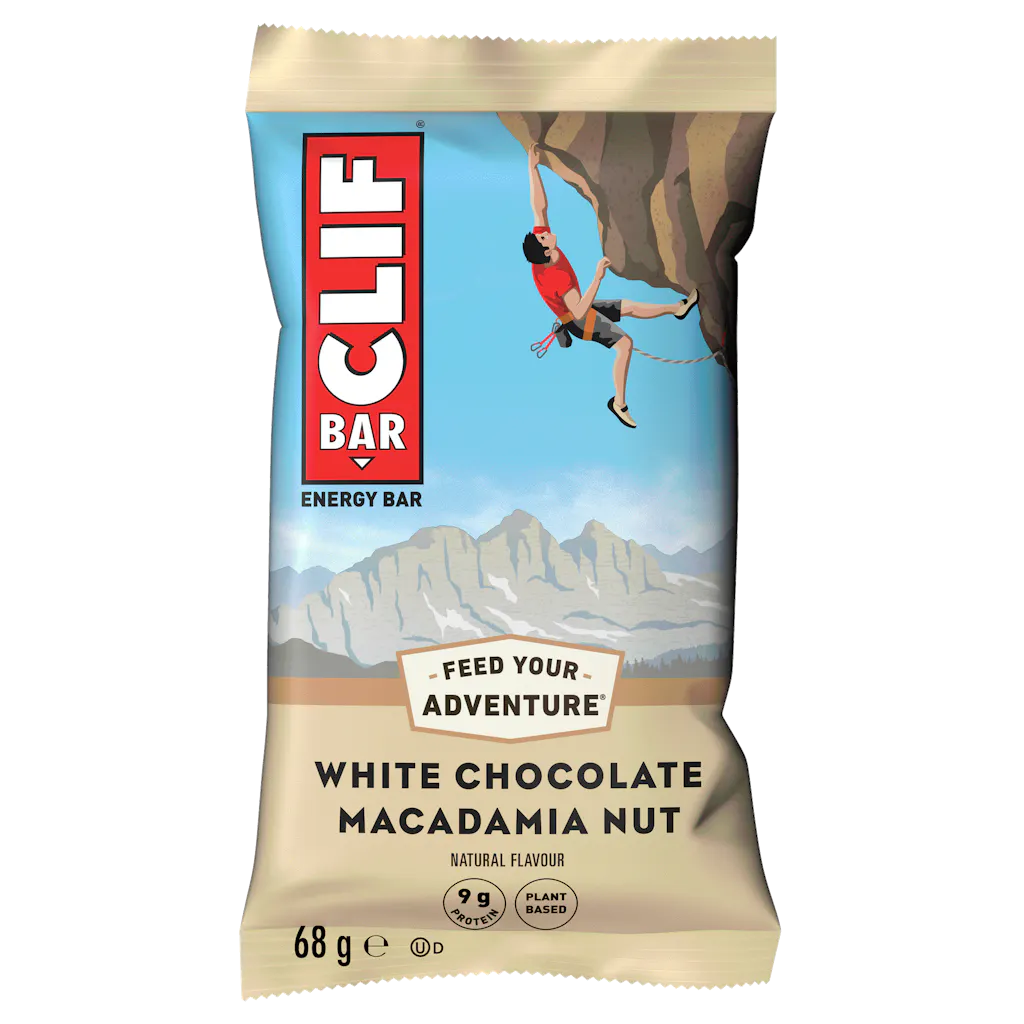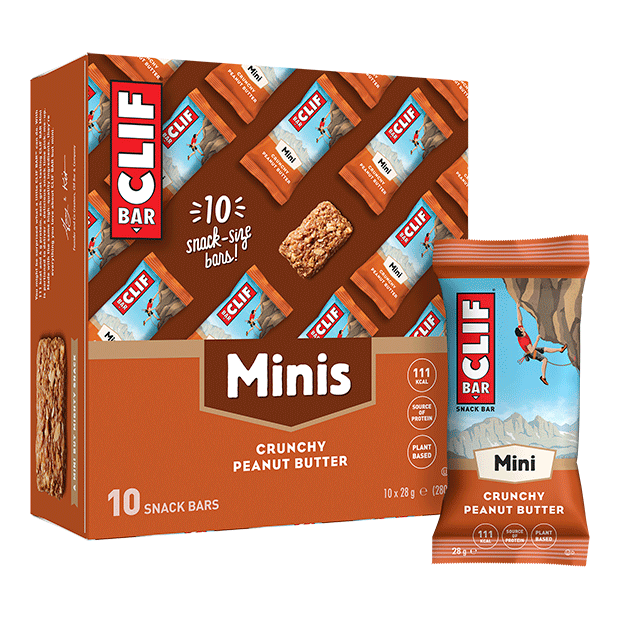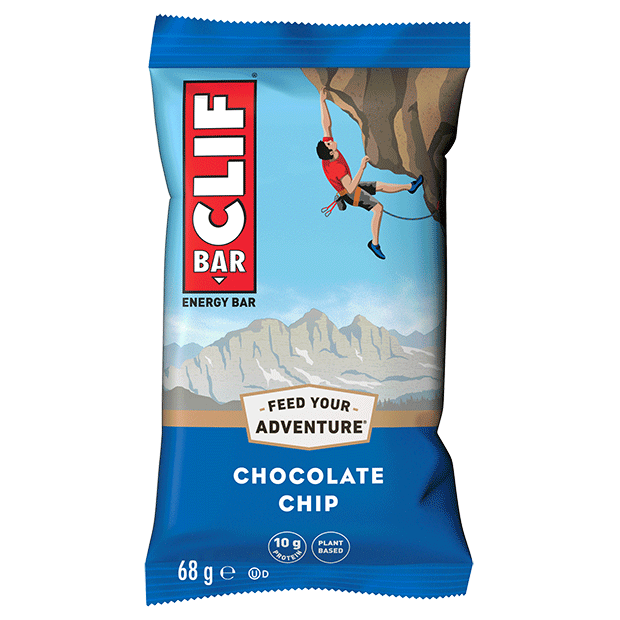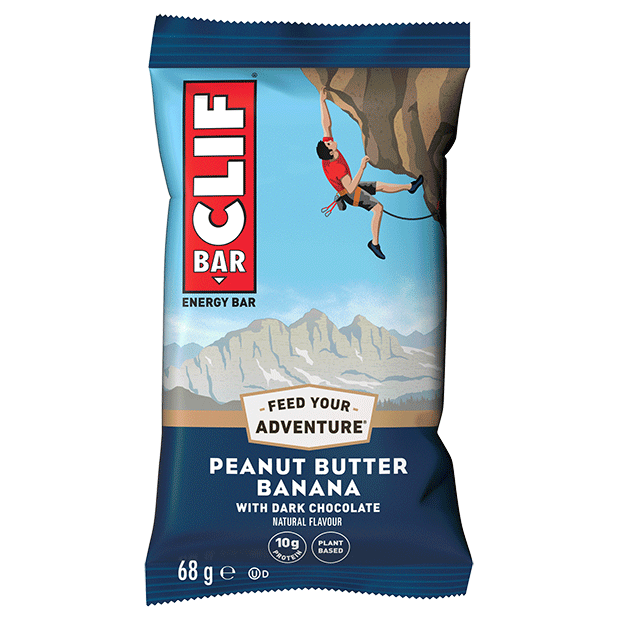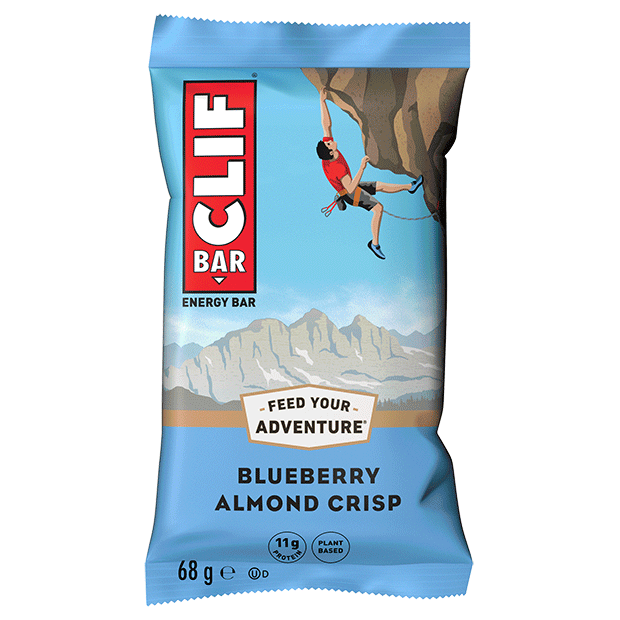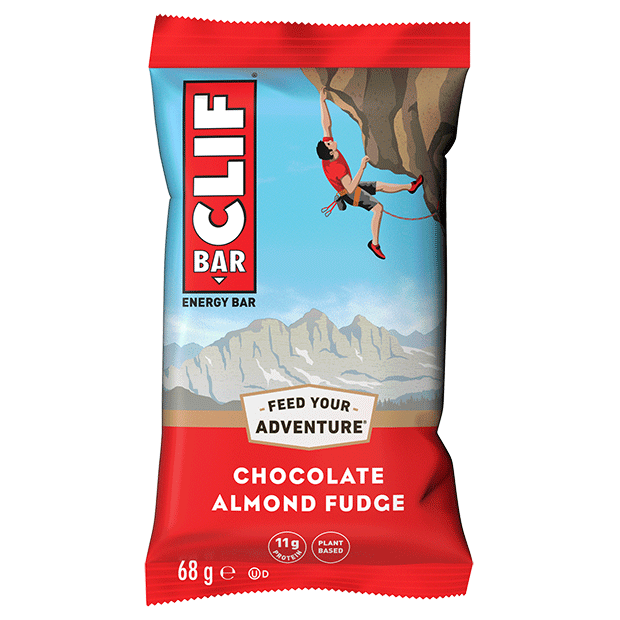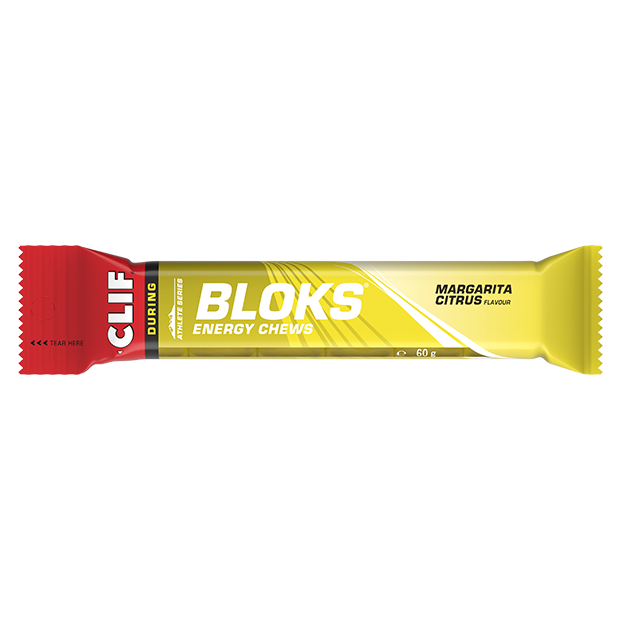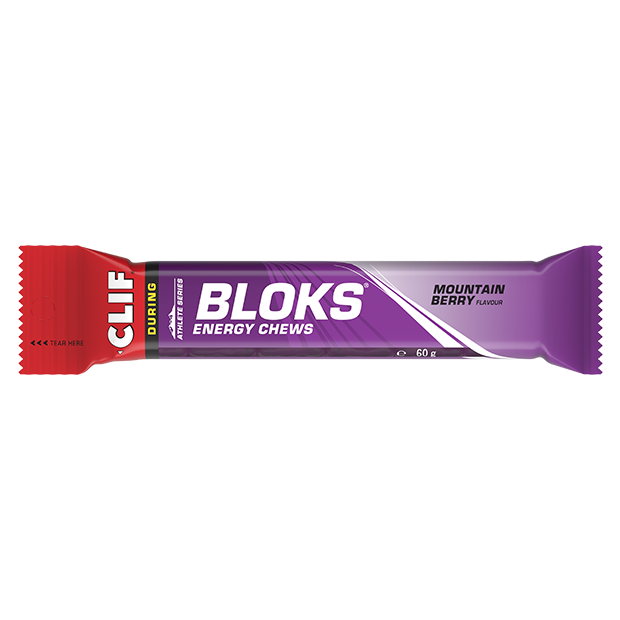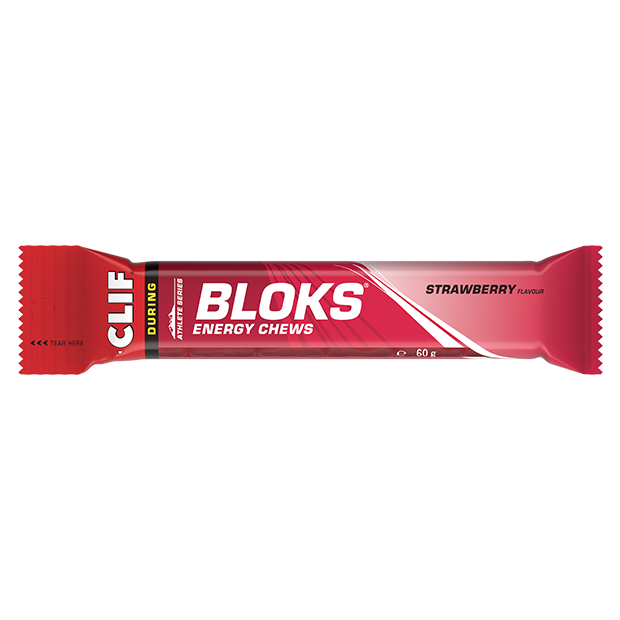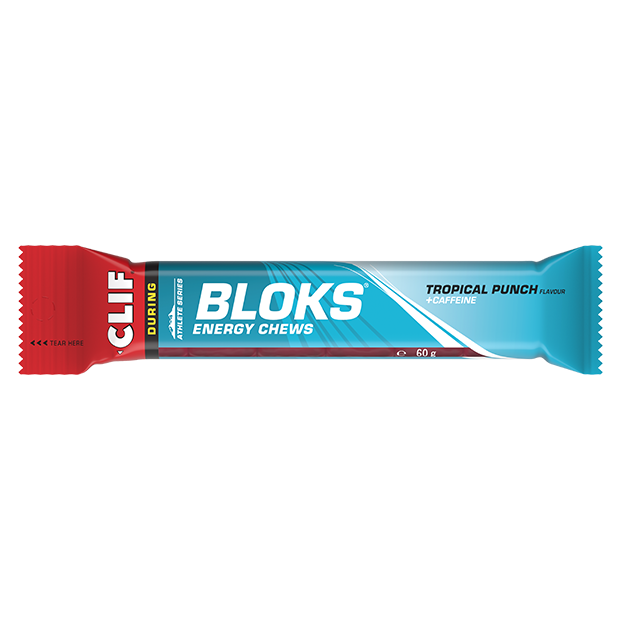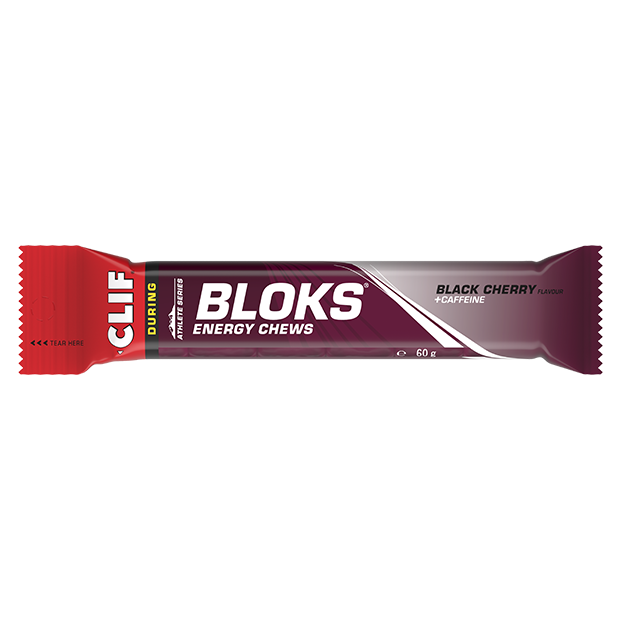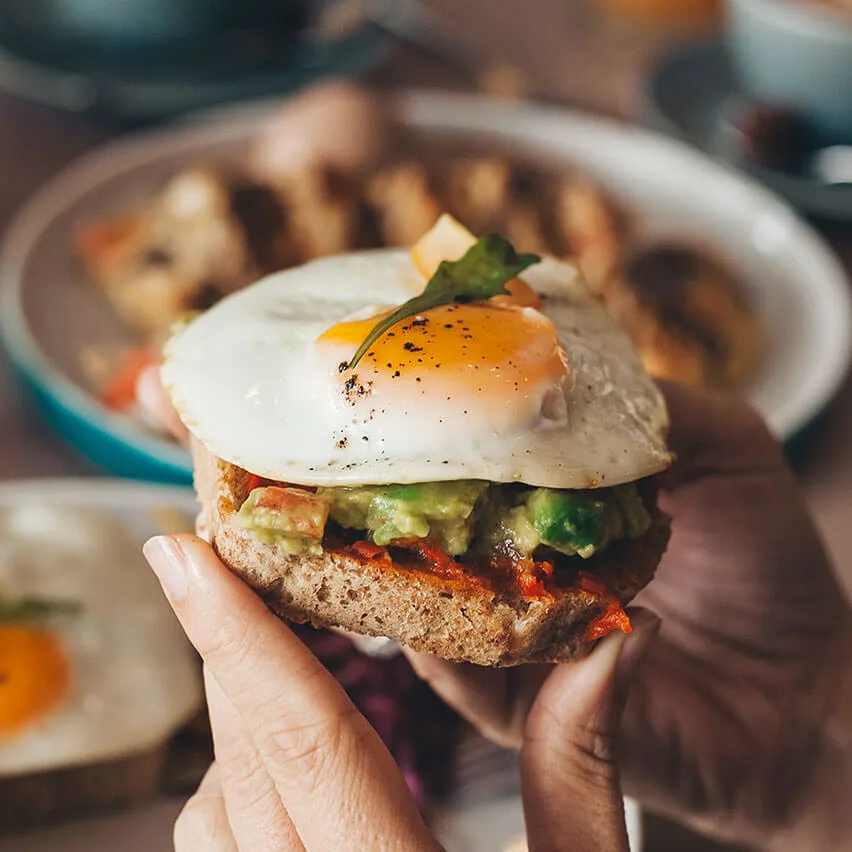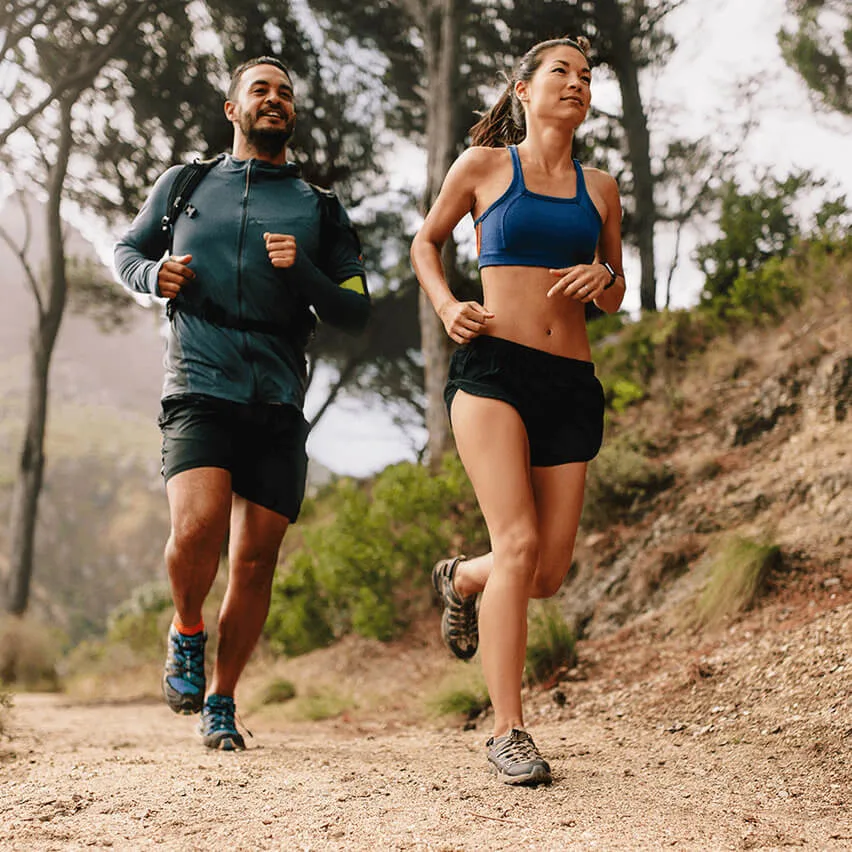The ideas and suggestions written below are provided for general educational purposes only and should not be construed as medical advice or care. Always seek the advice of a doctor or other qualified health professional before beginning any physical fitness or health- and nutrition-related activity.
Trying to fit workouts into your busy schedule might feel like a feat. It’s therefore important to get the most out of the time you invest in your fitness by choosing the best pre-workout fuel to optimise your performance.
Why Fueling for Your Workout Matters
Eating before activity can help delay fatigue and enable you to exercise at your best. This could mean you are able to work harder or for longer. When you don’t have fuel in your body, your power, strength, speed, and endurance can suffer. Exercise may feel more difficult and ultimately less enjoyable.
Research has shown that eating before workouts may help you:1
- Replenish glycogen, your stored form of energy. This is especially important for early-morning exercisers waking up in a fasted state.
- Provide energy for the central nervous system during exercise. Your brain and nervous system work together to make physical activity happen.
- Improve your endurance when exercise lasts longer than 1 hour.
- Prevent hunger during activity.
When To Eat Before a Workout
It’s important to experiment with different timing strategies to determine the best time for you to eat before a workout.
Generally, the closer you are to the start of a workout, the simpler and smaller the food should be.
- 30-60 minutes before a workout: Have a small carbohydrate snack and hydrate.
- 1-2 hours before a workout: Have a small, balanced snack or meal including carbohydrates and protein, and hydrate.
- 2-4 hours before a workout: Have a regular-size (to you) balanced meal and hydrate.
What To Eat Before a Workout
Carbohydrates
Carbs are the primary source of energy for your body during most types of high-intensity exercise. Endurance workouts and longer resistance workouts rely on carbohydrates as fuel and affect your ability to perform. Choosing foods with carbs before your workout helps ensure you have the energy you need to complete your workout to the best of your ability.2
During long training sessions greater than 1 hour and/or very high-intensity workouts, you may benefit from consuming more fuel in the form of carbohydrates. Many sport products are available to help in this situation, including CLIF BLOKS Energy* Chews, which are an easy-to-chew source of quickly absorbed carbohydrates that deliver glucose and fructose (two types of carbohydrates) for fast fuel to working muscles.
† Carbohydrate solutions contribute to the improvement of physical performance during high-intensity and long-lasting physical exercise in trained adults.
Protein
Research studies vary in showing strong evidence for the value of protein intake pre-workout. It’s likely that for most active adults, protein doesn’t offer significant benefits as a component of your pre-workout fuel.3 However, including some protein in a balanced meal or snack 2-4 hours before training may help satisfy hunger and help maintain your feeling of energy.
Fluids
Hydration is another important consideration as you prepare to work out or train. Even a mild level of dehydration has been shown to impair both endurance and strength performance. There are a variety of recommendations and guidelines for pre-workout hydration, but a good rule of thumb is to consume about 2 cups of water in the 2 hours before exercise.4 Avoid gulping down water just before you work out to prevent needing to use the toilet during your workout.
Examples of Pre-Workout Fuel
What you choose to eat will depend on the time of day you are working out. Here are examples of fuelling foods based on timing:
Early-Morning Workout
If you like to get moving early in the morning, these simple ideas are good options for a quick source of energy:
- CLIF BLOKS Energy Chews: These are an easy-to-chew source of simple carbohydrates that deliver energy for fast fuel. They’re ideal for times when you have less than 30 minutes between waking up and working out or when you would rather consume some fuel during your workout. They are also available with different levels of sodium and caffeine** to help adults personalise their nutrition.
- Fresh fruit: A few pieces of banana or a handful of grapes provide just enough energy to get you going in the morning.
- Digestive biscuits: These fast-digesting biscuits are a fun way to fuel morning workouts. They can be quite plain, making them a good choice if your stomach is a little sensitive in the morning.
**Not recommended for pregnant or nursing women, children under 18 years old, or people sensitive to caffeine
Midday Workout
Many people take advantage of their lunch break to work out. Figuring out the best time to fuel up will take some experimenting. Consider having a mid-morning snack 1-2 hours before your workout and then enjoying a balanced lunch afterwards.
- CLIF BAR energy* bar: CLIF BAR is made from a blend of plant-based protein, fat, and carbohydrates with phosphorus specifically developed to provide energy to prepare you and keep you going during long, moderately intensive activity. It’s made with wholesome ingredients like rolled oats.
- Trail mix: Look for a mix with nuts and dried fruit as the base. This will provide a small dose of protein and fat to keep you satisfied as well as carbohydrates to maintain your energy levels.
- Yoghurt: Either a dairy- or nondairy-based yoghurt could be a great pre-workout snack for a midday workout. Look for ones with protein and feel free to top it with some wholesome granola.
- Protein bars: This is a convenient way to get important nutrients on the go. Protein bars could be a beneficial choice when you’re still about 2 hours out from your workout time, but they ideally serve their best purpose as a post-workout fuel.
*Phosphorus contributes to normal energy-yielding metabolism.
Evening Workout
Finding the right time to eat when you exercise at night can be tricky if your workout interferes with typical mealtimes. There are two approaches you can experiment with for fuelling your evening workouts: having a snack in the late afternoon and then dinner afterwards or eating a light dinner before your workout and a snack afterwards.
- CLIF BAR energy* bar: Eaten 1-2 hours before your workout, CLIF BAR provides energy and plant-based protein to fuel your workouts any time of the day.
- Small sandwich: A small sandwich with wholemeal bread, protein of your choice, and some veggies is a convenient way to tame your appetite and provide balanced fuel for an evening workout.
- Soup: This might sound a little unconventional, but a broth-based soup with protein, a whole grain, and veggies could be the perfect pre-workout mini meal. It’s an easy way to hydrate your body with fluids and electrolytes too. Look for soups that are in microwaveable containers so it’s easy to warm and eat.
Is Caffeine Necessary for Workouts?
Caffeine is a stimulant and a proven performance enhancer for most people during exercise. It can be helpful regardless of the time of day of your workout but consuming it later in the day can affect the quality of your sleep. It’s recommended to cut off caffeine intake by around 12 p.m. since it can stay in your system for many hours.1
Many pre-workout supplements include caffeine, so it’s important to be aware of the amount they contain.
The best way to decide what works for you as a pre-workout snack or meal is to simply experiment and try different options and times. Pay attention to your energy and performance during your training and note what made you feel the best. These become your preferred choices to rely on regularly.
References
- Coleman E. Carbohydrate and exercise. In: Karpinski C, Rosenbloom CA, eds. Sports Nutrition: A Handbook for Professionals. 6th ed. Chicago, IL: Academy of Nutrition and Dietetics; 2017:21-38.
- Kerksick CM, Arent S, Schoenfeld BJ, et al. International society of sports nutrition position stand: nutrient timing. J Int Soc Sports Nutr. 2017;14:33.
- Moore D, Burd N, Slater G. Protein needs for athletes. In: Burke L, Deakin V, Minehan M, eds. Clinical Sports Nutrition. 6th ed. McGraw Hill Education. 2021:67-85.
- Murray B, Osterberg K. Fluid, electrolytes, and exercise. In: Karpinski C, Rosenbloom CA, eds. Sports Nutrition: A Handbook for Professionals. 6th ed. Chicago, IL: Academy of Nutrition and Dietetics; 2017:107-132.
